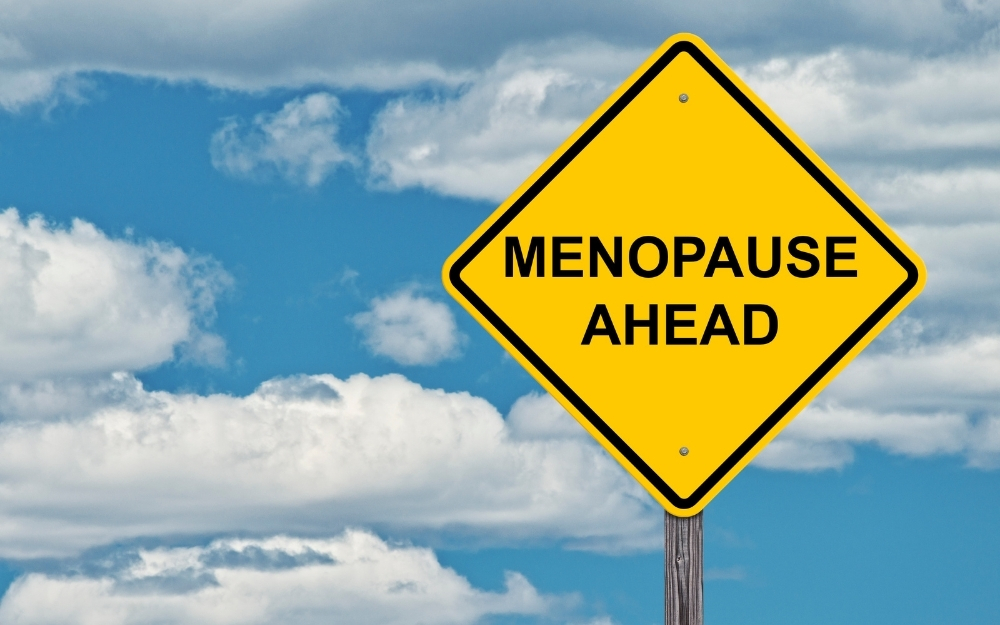Around age 35, you may notice some changes in your body and sex life. Between perimenopause and menopause, there is a lot going on physically, mentally, and hormonally for middle-aged women. Every woman is different, but there are some common things to look out for after the age of 35.
Changes in your sex life & pelvic health
If you have reached or are beyond your late thirties, I don’t have to tell you, you don’t have the same sex drive and sex life as you did in your twenties. These changes don’t just affect your vagina, they also can affect your urethra, vaginal wall, and exterior labia. The following changes are natural and expected in women after age 35:
- Decreased libido
- Vaginal dryness/itching (discomfort/pain during sex)
- Appearance of vagina (hair changes, color changes, labia minora may lengthen, labia majora may sag)
- Genital symptoms of menopause (GSM) – thinning, drying, and inflammation of the vaginal wall
- Incontinence
- Increased UTIs
Other body changes
The changes that occur after 35 aren’t limited to your pelvic region. Your whole body can be affected by this transition, so be sure to pay attention to possible symptoms in other areas of your body.
- Increased blood pressure & cholesterol
- Dry, thin, flaky skin
- Heart palpitations
- Osteoporosis
- Shortness of breath
- Hair changes (loss of desired hair; growth of unwanted hair)
- Wrinkles
Mental changes
Some women come to me and feel like they’ve gone “crazy.” The hormonal changes of this time in your life does, indeed, affect your brain and mental health. When I was about 42, I had homicidal thoughts towards my husband. So with that knowledge, you can take comfort in knowing that you haven’t gone crazy. The following symptoms are normal:
- Depression
- Anxiety
- Brain fog
- Decreased memory and attention span
- Insomnia
Hormone changes
Without diving in too deep to the science of the hormonal changes, there are some basics to know. When you are going through perimenopause and menopause, your estrogen levels drop, causing your body to produce more follicle stimulating hormone (FSH) and thyroid stimulating hormone (TSH). These changes in hormones cause the symptoms above.
Know yourself
The key is to know yourself and your body. Be conscious and aware of the “norms” of your body so that you can be equally cognizant of the changes that occur. Many women miss their perimenopause diagnosis (I did!) because they aren’t aware of the symptoms that are occurring, and don’t know to associate these symptoms with perimenopause or menopause.
If you want to know more about menopause or other women’s health services, visit my practice website.

